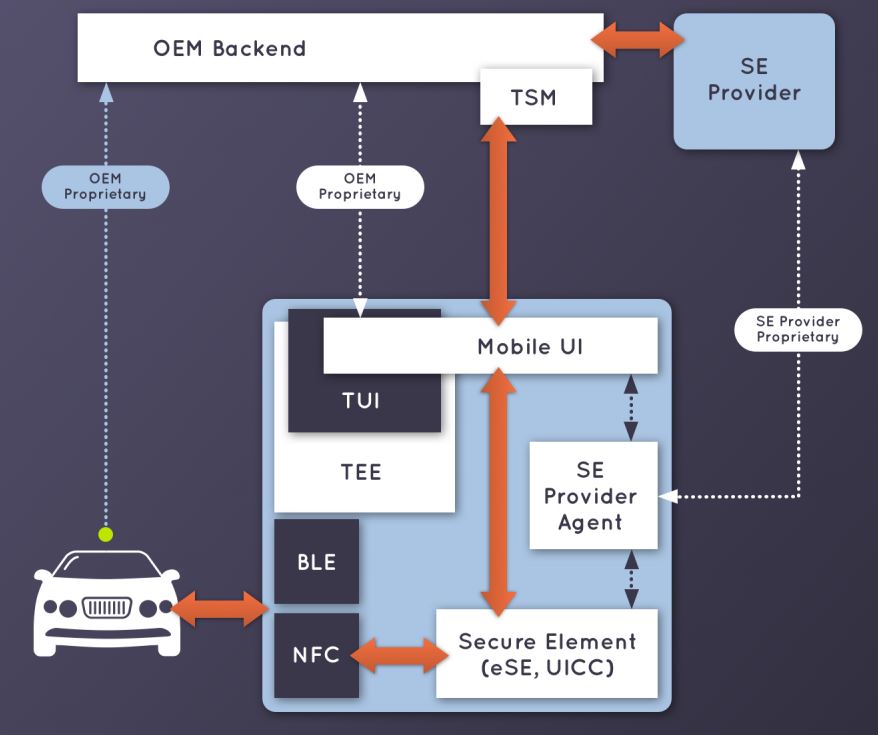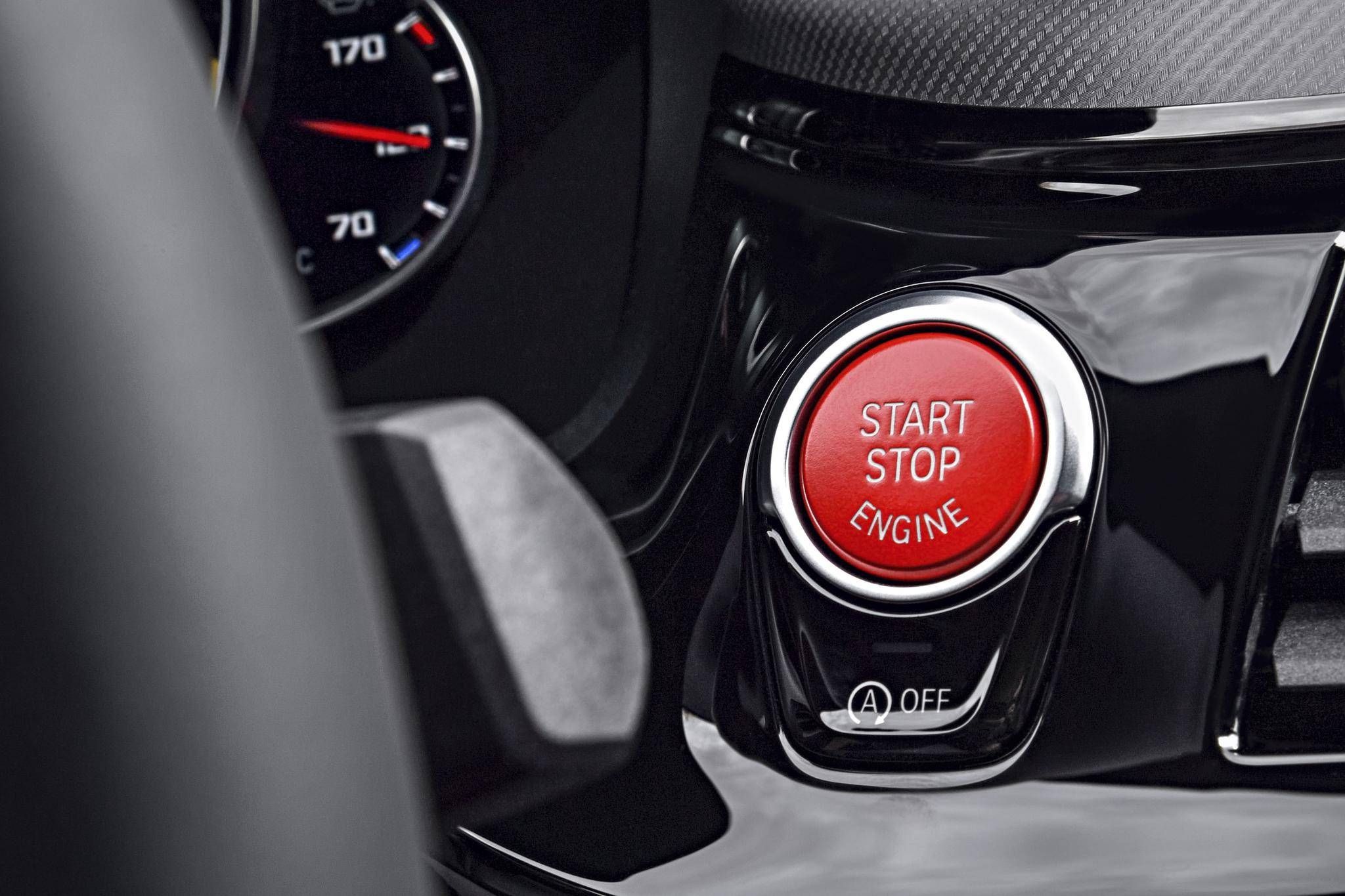Something to look forward to: The switch from physical keys to wireless key fobs has added great convenience for drivers. Going one step further and completely eliminating physical keys could have us all carrying one less thing in our pockets or purses in the future.
It is already possible to unlock and drive off with certain vehicle models using a smartphone, but only a select few cars support completely keyless operation. Until now, there has been no standardization in the automotive industry for going completely digital. The Digital Key 1.0 standard sets the criteria for virtual keys that can be used in place of physical keys.
One of the major concerns for digital keys is security. Nobody wants to accidentally install a malicious app on their phone and later find out their car was stolen or broken into as a result. To prevent many remote attacks from happening, the standard is based around close-range NFC. This requires an end user to by physically near a vehicle with the correct unlocking credentials.

Additionally, the owner of a vehicle will be able to immediately revoke access to digital keys. Not only is sharing of cars made easier by securely sharing virtual keys, there is no longer any hassle associated with returning keys. Rental cars and car sharing businesses can greatly benefit from not having to hand out original physical keys to their fleet.
As part of the security options available, digital keys can have programmable properties associated with them. Many existing vehicles already have smart keys for push-button start that allow limitations to be enforced on a per-key basis. Limiting maximum speed, audio volume, setting seat positioning, driving modes, and just about any other setting that manufacturers can dream up could be set or restricted depending on which key you are using.
Digital keys are clearly still a few years away from implementation, but there are several major automakers on board that could lead to widespread use. BMW, Honda, General Motors, Hyundai, Mercedes, Toyota, and Volkswagen have all expressed interest in using the standard. Samsung, LG, and Apple are looking to support Digital Key on their respective mobile devices.
